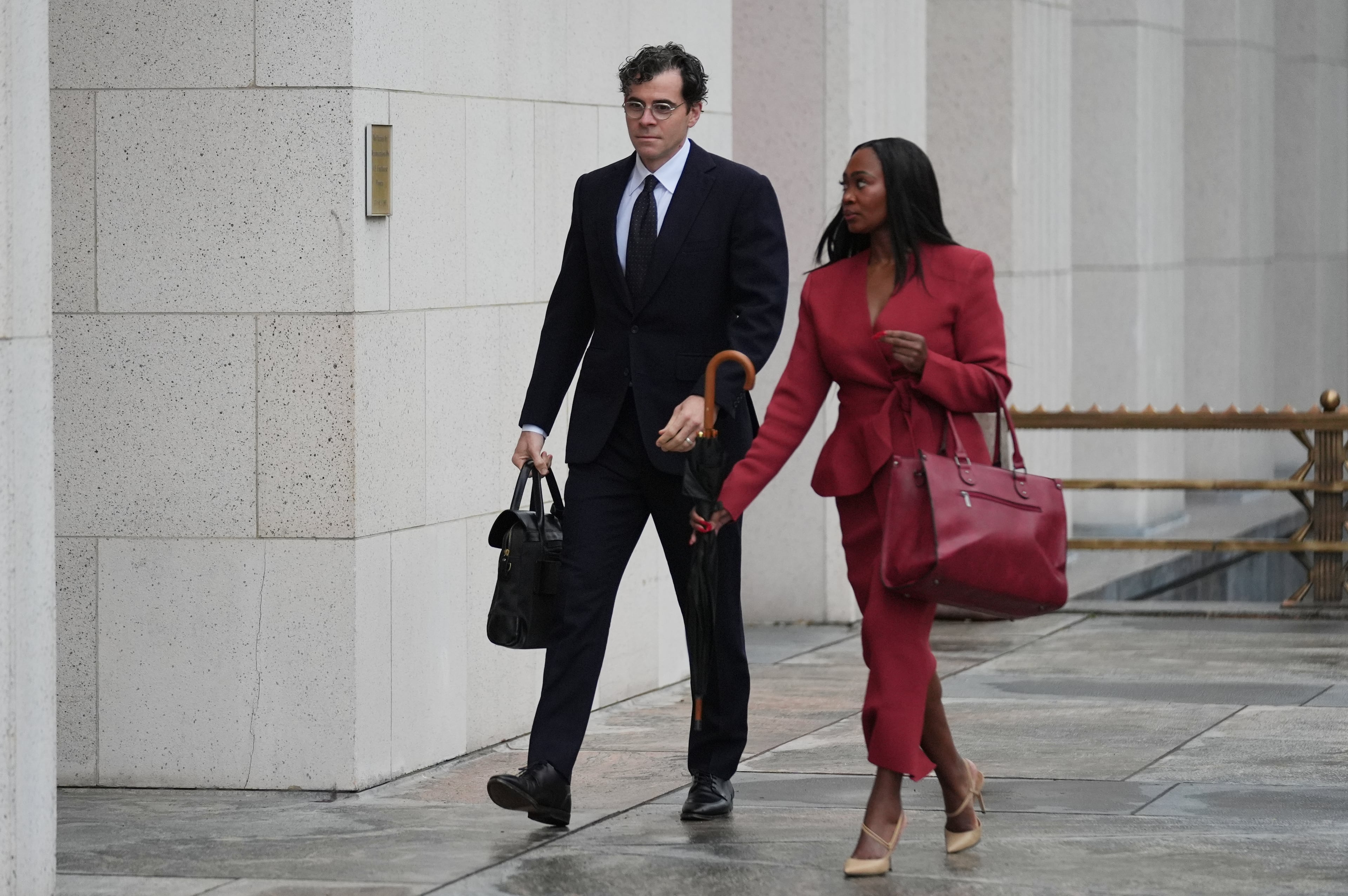How big is too big for Delta?
As Delta Air Lines settles into its new role as world's largest carrier, it is coming up against a critical question: How big is too big?
In recent months, Delta has sought approval for deals with competitors that would expand its market presence in New York, Australia and in Japan — and in some cases run into significant opposition.
Delta became the world's biggest airline through its merger with Northwest Airlines, which closed in October 2008 but is still in progress from an operational standpoint.
Before that, Delta had been the No. 3 U.S. airline, with the Southeast as its traditional stronghold. United and American airlines were bigger.
Delta got Justice Department approval of the Northwest merger under the Bush administration. But observers say the Obama administration is likely to exercise greater scrutiny of cases where Delta is seeking approval for agreements with competitors.
A vocal opponent of Delta's merger with Northwest, House Transportation Committee chairman Jim Oberstar (D-Minn.), "is certainly concerned about lack of competition and effects to service as we have more and more consolidation in the airline industry," said spokesman Jim Berard.
"And certainly when the biggest gets bigger, that does raise those concerns."
Delta's proposed partnership with Japan Airlines has drawn questions about whether it would pass antitrust muster and criticism that it could be bad for consumers.
"I don't see (the Department of Transportation) approving antitrust immunity for that at all," said Kevin Mitchell, chairman of the Business Travel Coalition. If it did, Mitchell said he thinks the Justice Department would take action and the U.S. Senate judiciary committee would hold hearings on the matter.
Some airline partnerships stop at joint frequent flier benefits or "code-sharing," the practice of selling seats on each others' flights. By gaining antitrust immunity, carriers can coordinate on routes, capacity changes and pricing to control competition.
Industry experts say antitrust immunity granted by the DOT is a key way for airlines to expand globally, amid restrictions on foreign ownership and domestic flying by foreign airlines.
"It gets you to 80 percent of a full-blown merger," Mitchell said.
American Airlines, which Delta is trying to unseat as JAL's U.S. ally, has argued that it is the better partner because it is more likely to get antitrust immunity and its deal is pro-competitive.
Delta Chief Executive Richard Anderson has said American is focusing on regulatory issues rather than on which deal is better in the long-term for business.
Antitrust immunity between Delta and Japan Airlines could lead to "much, much higher prices," Mitchell said.
"Delta says that there's $400 million of incremental revenue available from an immunized JAL-Delta joint venture. Where does this $400 million come from? It's going to come from the pockets of business travelers," Mitchell said.
The deal would lessen the viability American's oneworld alliance as a competitor in Asia, leaving Delta with SkyTeam and United Airlines with its Star Alliance, Mitchell said.
United Airlines with partners Continental and All Nippon Airways have already applied for antitrust immunity, and American would apply if it is selected to continue as JAL's partner. A JAL deal with Delta is seen as the harder sell because it would create a larger market concentration.
American has encountered its own challenges to a bid for antitrust immunity in a partnership with British Airways and Spanish carrier Iberia. Delta already has antitrust approval of a similar joint venture with Air France/KLM.
In a separate antitrust immunity case, Delta is seeking approval for a partnership with Australian carrier Virgin Blue. The Department of Transportation late last year asked for more information before it makes a decision.
Delta's newfound market power has also been an issue domestically. The carrier has encountered opposition to a proposed deal with US Airways that would expand Delta's presence in New York significantly.
Delta and US Airways last August said they had reached agreement for Delta to give 42 slot pairs at Washington's Reagan National Airport to US Airways in exchange for 125 slot pairs at New York's La Guardia Airport, to cement what Delta would call a "domestic hub" at La Guardia and a larger presence for US Airways in Washington, instead of competing against each other tooth-and-nail at both.
The deal is under review by the DOT and Federal Aviation Administration, as well as by the Justice Department. The DOT is considering whether the deal is in the public interest, including the impact on competition.
The pilots union at US Airways said last year that it believes the deal "may have serious antitrust concerns" and could mean higher fares and less service.
And in January, several members of Congress, including Oberstar and House aviation subcommittee chairman Jerry Costello, wrote to the DOT and FAA expressing concerns about the gate swap, saying that the deal would increase concentration and "significantly lessen competition" at the New York and Washington airports.
Berard said he doesn't think Delta is treated unfairly because it is so large.
"It's just the nature of being the biggest," Berard said. "It will attract much more attention, much more concern, when there is consolidation involving that airline."
How we got the story
AJC airline industry reporter Kelly Yamanouchi has followed the proposed deal between Delta Air Lines and Japan Airlines, interviewing airline executives, attorneys and industry experts and reviewing materials on the proposed deal. She also has covered Delta's proposed slot swap with US Airways and its proposed joint venture with Virgin Blue, including reviewing filings to the U.S. Department of Transportation. The AJC also reviewed reports from analysts and statements from the Justice Department on airline antitrust issues.



